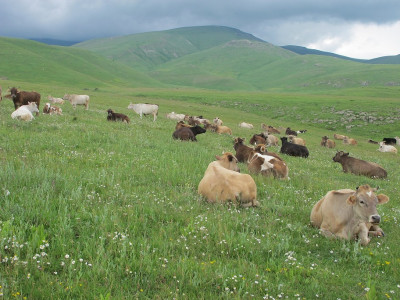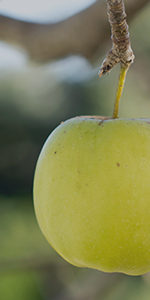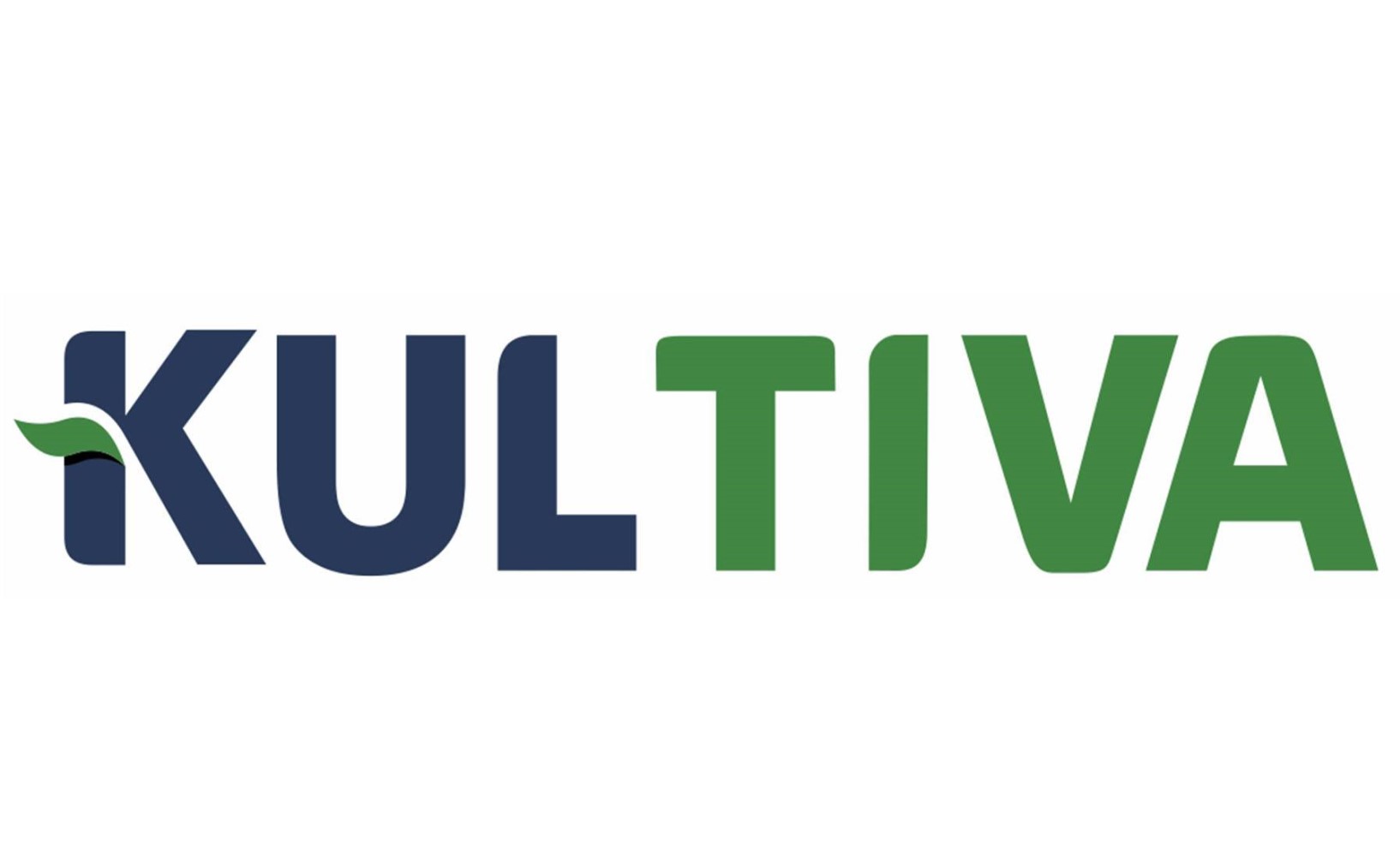
27 Aug 2012
INTRODUCTION OF COMMUNITY LIVESTOCK MANAGEMENT PROGRAM (CLMP)
The livestock sector in Armenia still faces challenges and to cope with those, most of the management practices need to be improved.
An idea to develop a Community Livestock Management Program (CLMP) was originated when PUM experts Mr. Robert Back and Mr. Wim de Jong were in Armenia in March of 2011. For the implementation of the pilot project, Sarnakunq community of the Syunik region was chosen to start with, as animal breeding and fieldwork are the main activities in the region.
In the scope of their July, 2012 visit, Mr. Back and Mr.de Jong along with CARD experts Arman Ohanyan, Levon Movsisyan and Tigran Gabrielyan met with Sarnakunq village Mayor Manuchar Mkrtchyan at Farm and Veterinary Service Center (FVSC) and discussed community pasture management issues and the project’s strategic plan. The experts together with Suren Vardanyan, manager of FVSC, also visited the nearby and remote pastures to investigate community grazing system and pasture conditions.
The research showed that the lack of good pasture practices, control measures and ineffective use of land have brought about a number of impacts among them: overgrazing, land degradation and soil erosion.
After the visits to the pastures and meeting with several farmers of Sarnakunq community, it was decided to develop a small-scale plan focusing on a rotational grazing trial, young stock grazing trial and pasture fertilization.
To have a yield increase in livestock sector, the productivity of natural pastures must be increased, and necessary measures of care must be applied. The trial of rotational or controlled grazing system will involve an intensely grazing portions of a pasture (paddocks) followed by a rest period which will allow the forage to grow again (recover). Such grazing schedule may as well help to eliminate parasites. Pasture rotation will supply the young stock with new and fresh roughage and the effect of contamination with parasites will be reduced through good nutrition.
Meanwhile, the experts acknowledge the fact that making a change in farmers’ thinking will be a quite challenging task as only few of them showed interest in CLMP. They are reluctant to accept alternative grazing schedule; use the manure of cattle as a fertilizer rather than means of heating, etc. Nevertheless, FVSC manager Suren Vardanyan will try to involve at least two progressive farmers in this project, with hopes of serving as a model to attract other farmers in the community.
Apart from having discussions on good agricultural practices, good veterinary practices were also discussed, most importantly the adequate use of antibiotics and the growing resistance against antibiotics and anti-parasitics in the world.
PUM experts will continue to provide their consultations to CARD experts for the successful implementation of the Community Livestock Management Program.









